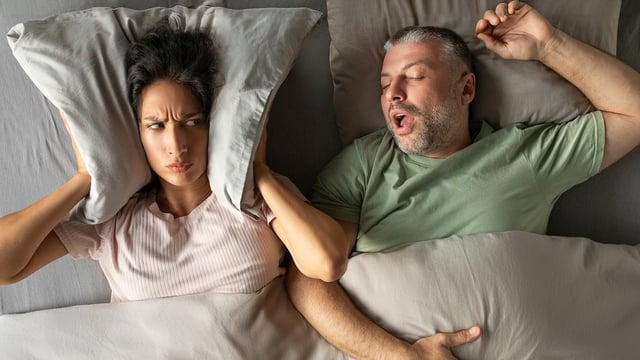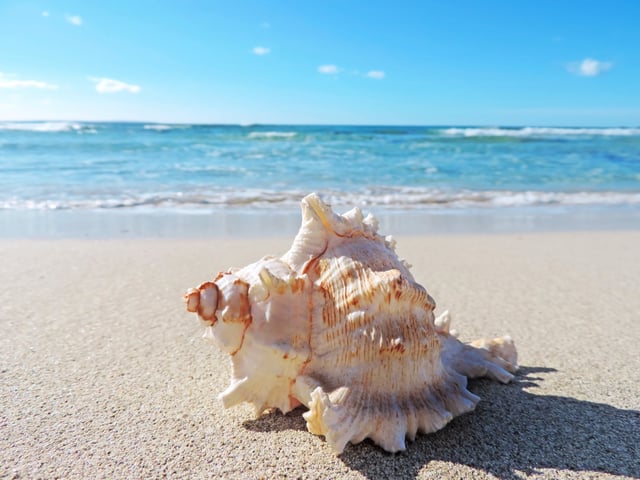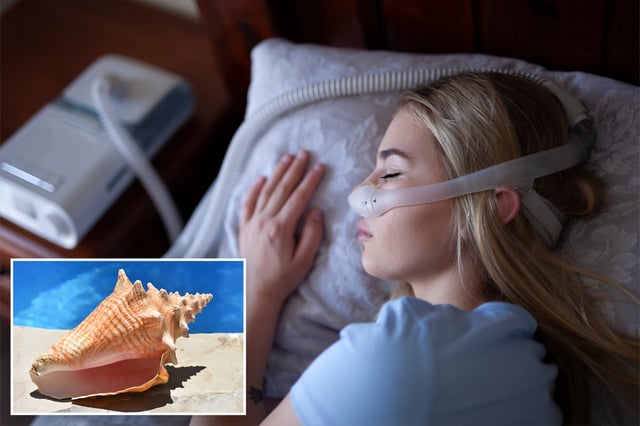Overview
- The randomized controlled trial enrolled 30 adults with moderate obstructive sleep apnoea, assigning 16 to shankh blowing and 14 to deep-breathing exercises practiced at home for 15 minutes five days per week.
- Participants in the conch group experienced a 34% reduction in daytime sleepiness, averaged four to five fewer apnoeas per hour, and maintained higher overnight blood oxygen levels compared with controls.
- Investigators propose that deep inhalation followed by forceful, pursed-lip exhalation into the shell creates airflow resistance and vibrations that strengthen upper airway muscles.
- Researchers present the technique as a low-cost, non-invasive adjunct or alternative to continuous positive airway pressure for patients who struggle with CPAP comfort, cost, or access.
- Lead authors have secured approval for a larger multicentre trial, and external experts emphasize that the findings remain preliminary pending replication, physiological validation, and head-to-head comparisons with standard therapies.


